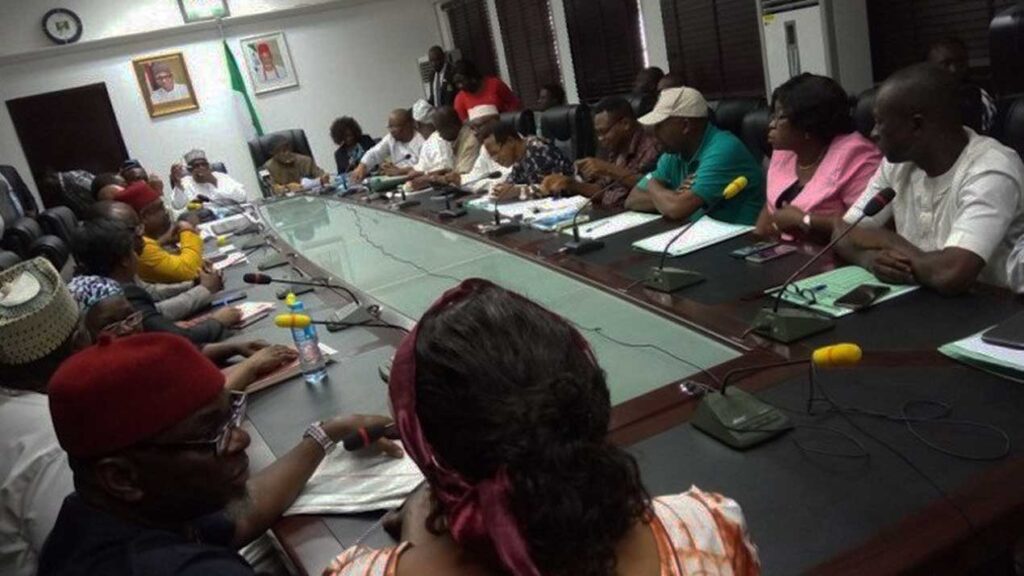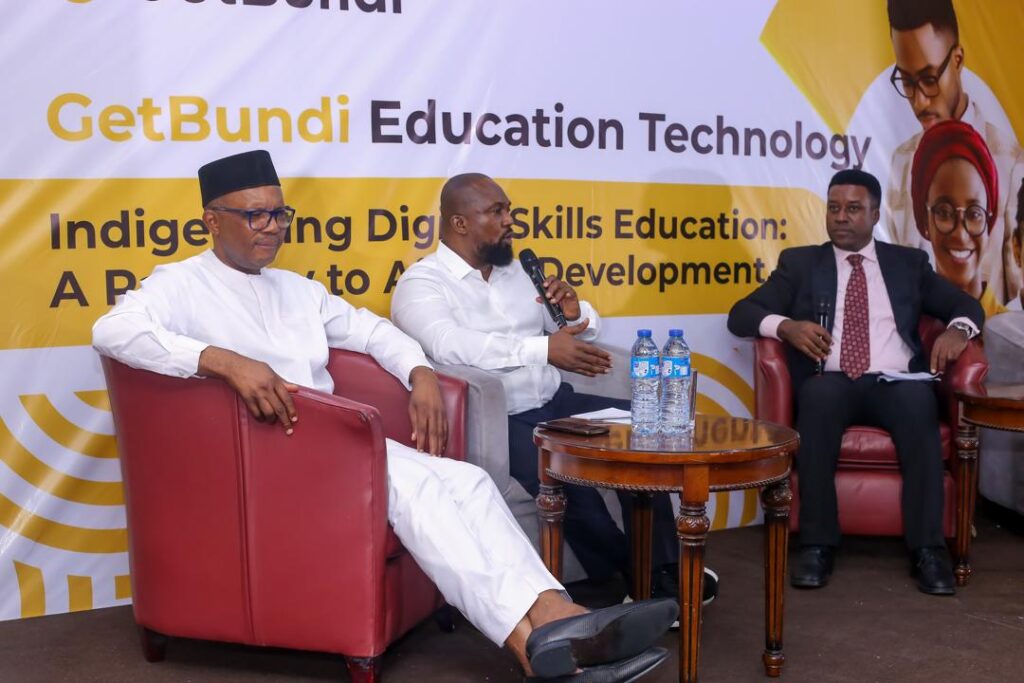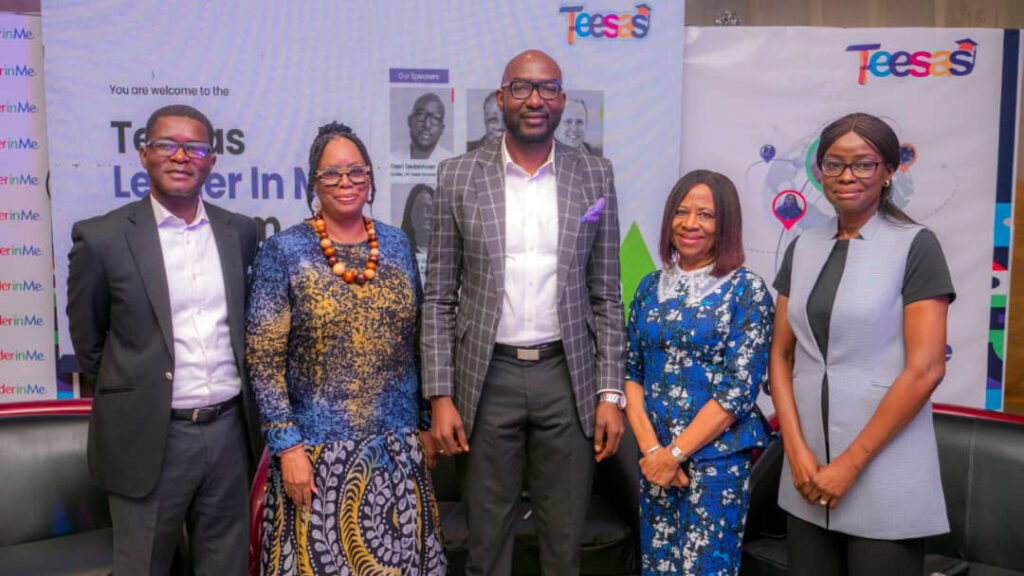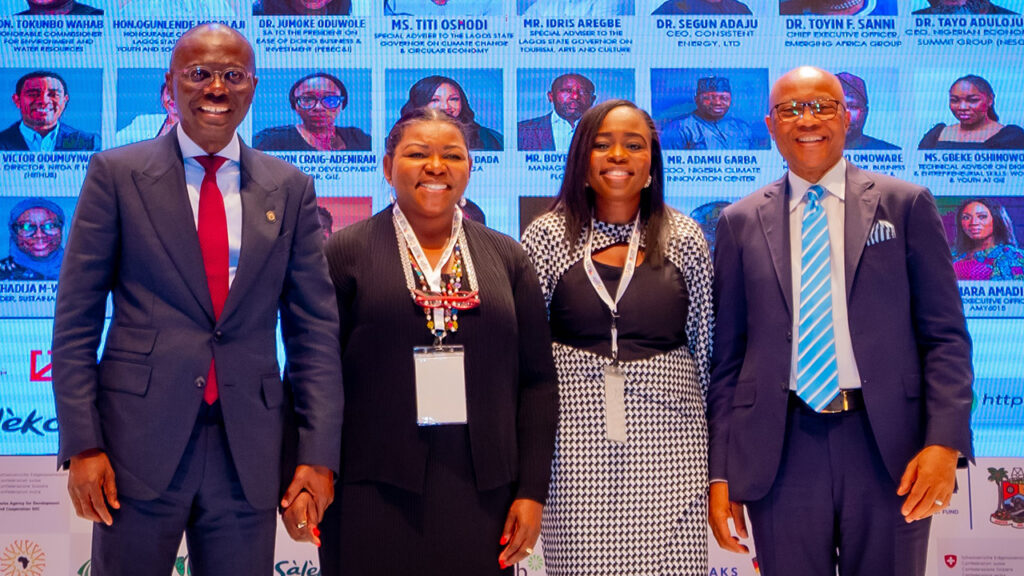
The Zeribe Nwosu Foundation (ZNF) is embarking on a mission to make impact on the society mainly by promoting education at all levels. The foundation was founded in 2021 by Dr. Zeribe Nwosu, a postdoctoral research fellow at the University of Michigan, America. He is a cancer researcher whose work focuses on understanding the factors that enable the growth of pancreatic cancer and possible treatments options for this cancer type. Nwosu trained as a medical laboratory scientist in Nigeria and was a recipient of the Niger Delta Development Commission (NDDC) Foreign Postgraduate Scholarship.
The ZNF is a means for him to give back to the society through education, mentorship and scholarship programmes, in addition to philanthropic initiatives.
Speaking on the drive by the foundation to push the frontier of education for the less privileged, Nwosu said: “At the ZNF, we want to ensure that our activities reach people who could benefit, especially those who have no one advising them on how to surmount challenges on their career path.
“Most graduates leave the university not knowing how to navigate the next phase of their career or how to articulate their accomplishments. This leads to the loss of career time, underemployment, dissatisfaction with job or subsequent career choices, and an under appreciation of the efforts invested toward obtaining the university degree. Furthermore, owing to a very limited exposure to soft skills required to compete outside the university, even above average graduates find it extremely hard to secure career positions that are directly relevant to what they studied in school.
“The foundation is committed to solving these problems through various mechanisms, including by assembling and relying on passionate volunteers who use lessons from their own wealth of experience to enlighten others.”
Since inception, the ZNF has pursued several initiatives that could benefit anyone at any level of education. Among the foundation’s activities are the ZNF Monthly Seminar Series, Meet a Mentor Series, Zeribe Nwosu Scholarships, personal statements/statement of purpose review (for job, school, or scholarship applications), curriculum vitae review, assistance with mock interview, essay competition and response to questions from followers on Telegram.
“We want people to know that we offer these services and free of charge. For example, the ZNF Seminar Series is a platform to share knowledge with our audience, answer practical questions that the seminar participants might have about other aspects of their career, and give advice. We have organised these seminars every month since mid-2021, covering topics such as preparing research data, how to write a personal statement, thesis editing, e-learning platforms, how to carry out literature review and growth mindset.
“Because education is a continuous process, our audience always learn something new in each of these seminars, irrespective of their level of education. ZNF will sustain this critical medium for community outreach. In addition, the mentorship initiatives have assisted those applying for studies, scholarships, or jobs, through suggestions on potential opportunities to pursue and guidance on how to succeed at interviews. This is complemented by a free application document editing service of which the foundation has provided feedback on over 200 documents so far. The foundation also maintains various social media platforms, mainly ‘Zeribe Nwosu Foundation – Group’ (Telegram), where opportunities are posted so that people could see such opportunities in time and apply before the deadline. Anyone from any part of the globe can participate in and benefit from these activities,” said the cancer researcher said.
The ZNF has also successfully implemented the Zeribe Nwosu Scholarship (ZNS) as a key instrument for advancing education. The foundation has a scholarship for students at the secondary school phase and a scholarship for students at the university phase. The secondary school scholarship pays registration fees for secondary school certificate- or university matriculation examinations, while the university phase, advertised every January 1, gives a one-time award to students to assist in expenditures such as school fees, house rent, laptop purchase and many others. “We have created a fair, selective, and inclusive scholarship that considers both academic excellence and need. Owing to limited fund, this scholarship is currently open to students in Nigerian schools,” said Nwosu.
So far, the foundation has given financial support to 35 individuals. These include 14 secondary school students, several of whom have reported phenomenal results (in some cases multiple A1s and Bs in the secondary school certificate exams and an impressive university matriculation score of more than 290 against the official cut off mark of less than 150).
Similarly, ZNF has awarded 14 super-talented undergraduate students from several Nigerian universities. “The underlying motivation of the ZNS is to inspire a mindset of scholarship and encourage all applicants to work hard regardless of whether they eventually receive the scholarship and we commit to mentoring the awardees long after their scholarship award,” said the scientist.
According to him, the foundation has assisted over 10 individuals to secure admission into top universities outside Nigeria, and these opportunities, in most instances, come with full funding.
Nwosu said the foundation “hopes to impact lives, uplift families, and contribute to building societies and nations” by initiating impactful activities.
The researcher revealed that diversity, equity and inclusion are interesting concepts that the foundation is determined to entrench in its operations and it has demonstrated commitment to gender balance in its organisation and activities.
Nwosu stressed that except the scholarships, ZNF activities are open to anyone from any part of the world. “We will always promote equal opportunity for all and strongly encourage education for women, especially through our scholarship initiatives,” he said. The scientist said the ZNF is also interested in collaboration and acknowledges that making significant progress requires collective efforts.
“The foundation welcomes supports, including but not limited to volunteering as a seminar presenter, mentor, sponsor of students through our scholarships, or helping to disseminate the foundation’s activities. Collectively, we all can work together to expose people to training opportunities, support them to grow professionally, and thereby equip them with the tools to solve future challenges,” Nwosu said.












